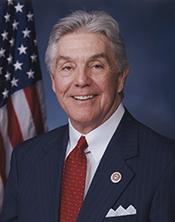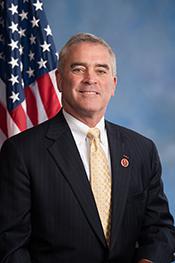0
SAVE Moms and Babies Act of 2023
1/3/2024, 5:45 PM
Summary of Bill HR 427
One key provision of the SAVE Moms and Babies Act is the establishment of a grant program to support state and local efforts to reduce maternal mortality and morbidity. This program would provide funding for initiatives such as improving access to prenatal care, expanding maternal mental health services, and addressing racial disparities in maternal health outcomes.
Additionally, the bill includes provisions aimed at improving data collection and reporting on maternal and infant health. This would help identify trends and disparities in outcomes, allowing for more targeted interventions and policy changes. The SAVE Moms and Babies Act also seeks to increase access to evidence-based maternity care practices, such as doula support and midwifery care. These practices have been shown to improve outcomes for both mothers and babies, particularly in communities with limited access to quality maternity care. Overall, the SAVE Moms and Babies Act of 2023 aims to address the systemic issues that contribute to poor maternal and infant health outcomes in the United States. By providing funding for targeted initiatives, improving data collection, and promoting evidence-based care practices, this bill has the potential to make a significant impact on the health and well-being of mothers and babies across the country.
Congressional Summary of HR 427
Support And Value Expectant Moms and Babies Act of 2023 or the SAVE Moms and Babies Act of 2023
This bill prohibits the Food and Drug Administration (FDA) from approving any new drug (either as a brand-name drug or a generic) intended to terminate a pregnancy and imposes additional restrictions on such drugs that are already approved.
Under the bill, an already-approved drug intended to terminate a pregnancy may be dispensed to a patient only with a prescription. Furthermore, the FDA may not approve any labeling change that would authorize (1) using the drug after 70 days of gestation, or (2) dispensing the drug by any means other than in-person administration by the prescribing health care practitioner.
The FDA must also impose additional restrictions on such already-approved drugs, including by (1) requiring the prescribing health care practitioner to receive a special certification, (2) prohibiting the practitioner from also acting as the dispensing pharmacist, and (3) requiring the practitioner to have the ability to provide surgical intervention to the patient.
The bill also rescinds any investigational use exemption already granted to such a drug if the bill would have prohibited the FDA from granting the exemption. (Currently, the FDA may grant an exemption to certain market approval requirements if a drug is intended solely for use in safety and effectiveness investigations.)





